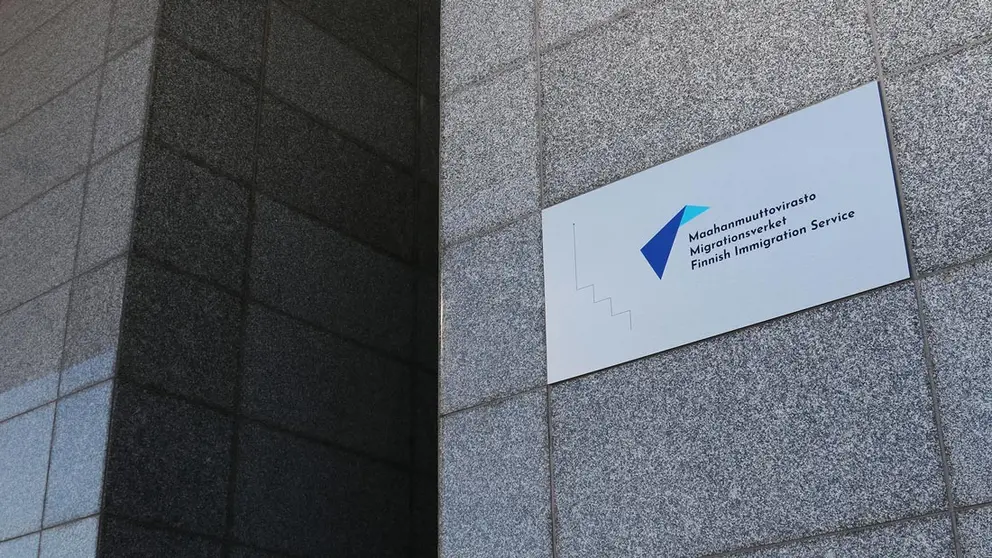Finland has renewed its course for asylum seekers on the functioning of society, its institutions and functions.
According to the Finnish Immigration Service (Migri), this course provides asylum seekers with basic information to understand the functioning of the society of their host country.
The course topics include Finnish society, legislation, non-discrimination and gender equality, working in Finland and sexual health and sexuality.
“These themes give asylum seekers basic information about Finland and how to act in Finland. For example, the section on working in Finland supports asylum seekers’ employment, as they learn about the rules of working life as well as their rights and obligations,” says Olli Snellman, Head of Section.
Reception centres have arranged the Finnish society course since 2016. "The materials of the renewed course are more diverse than before," according to a press release by the immigration agency.
All new asylum seekers receive self-study materials that contain information about Finnish society. The aim is that asylum seekers familiarise themselves with the materials actively on their own.
The course section on Finnish legislation also includes an online course to be completed independently. In addition, reception centres provide lectures on the topics. The self-study materials and online course enable reaching even asylum seekers living in private accommodation.
The course materials are available in 11 languages in addition to Finnish. Some of the materials are available for browsing on the Finnish Immigration Service’s website HERE
Two compulsory lectures
Two of the lectures in the course are compulsory for all asylum seekers over 16 years of age, who are obligated to participate in work and study activities. These courses provide detailed information about Finnish legislation, Finland’s history, society, culture, customs and habits.
“The information helps asylum seekers better understand the society in which they live and apply for protection. Some parts of Finnish law are different from the laws in the asylum seekers’ home countries, and it is important to know the key Finnish laws in order to know how to act correctly,” Snellman says.
The reception centre will add completed sections of the Finnish society course in the asylum seeker’s skills assessment.
Information about the asylum seeker’s previous work experience and education is collected in the skills assessment, and also the skills acquired after arriving to Finland, such as progress in Finnish or Swedish language studies, are documented.
“The skills assessment highlights the skills gained by the asylum seeker. The skills assessment can prove useful for the asylum seekers when they apply, for example, for work or a study place. The skills assessment is also useful for the authorities responsible for the integration of asylum seekers, when they move into municipalities after receiving a residence permit,” Snellman explains.












